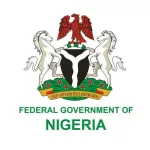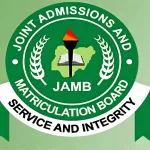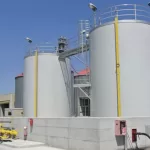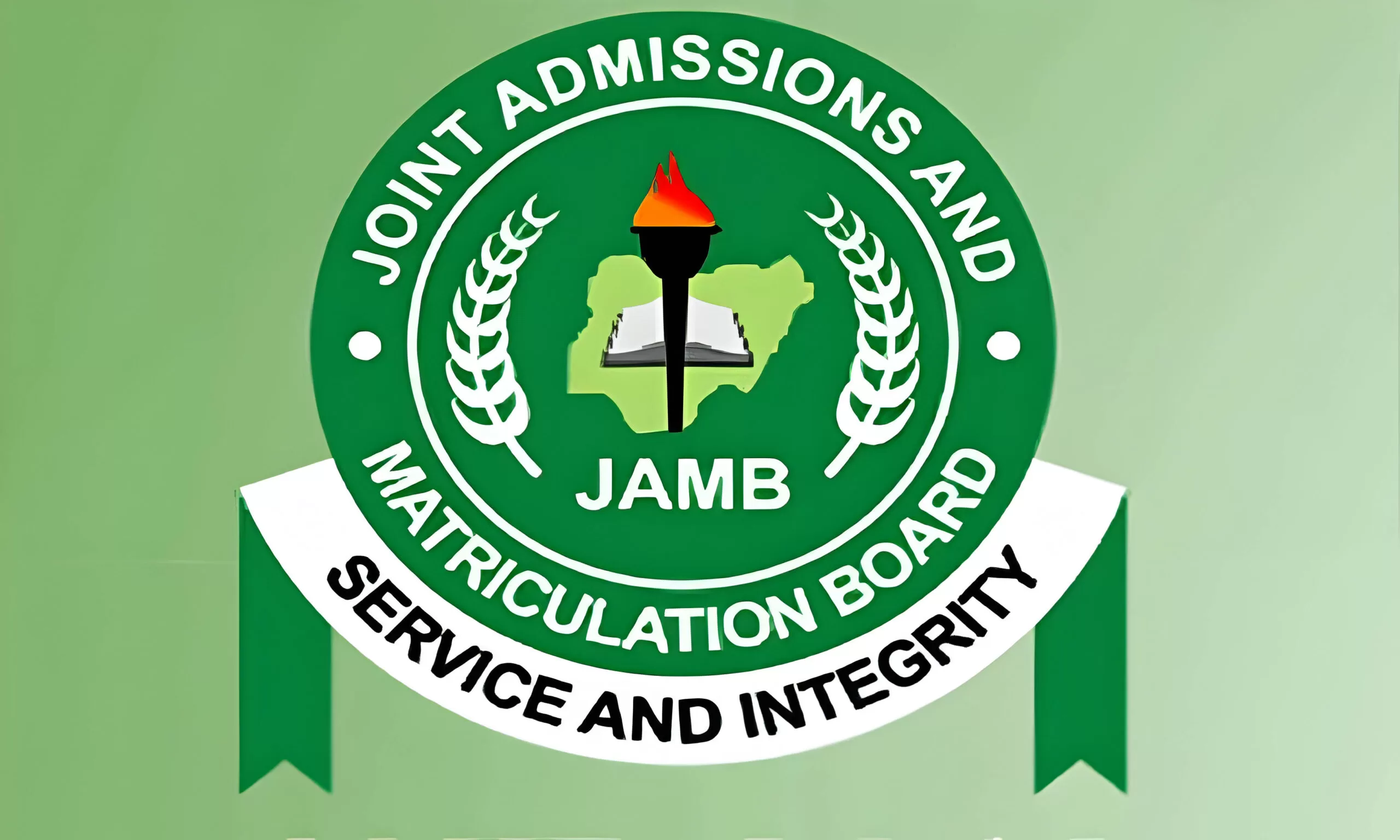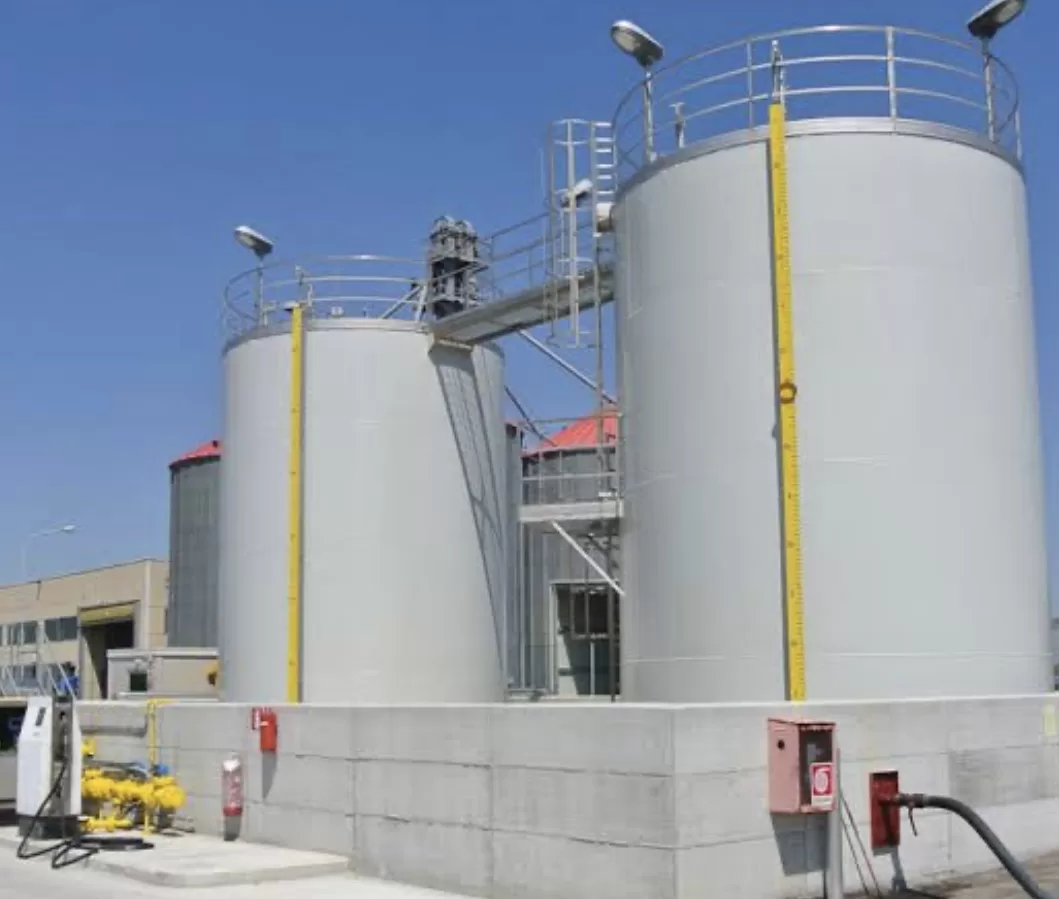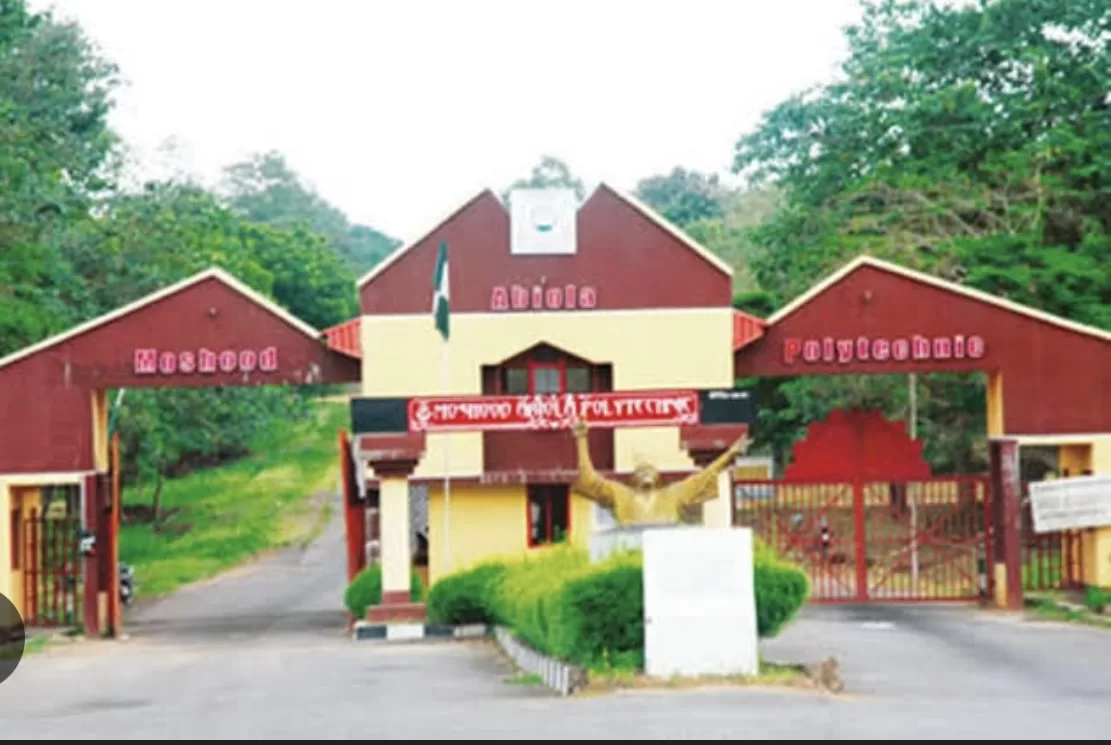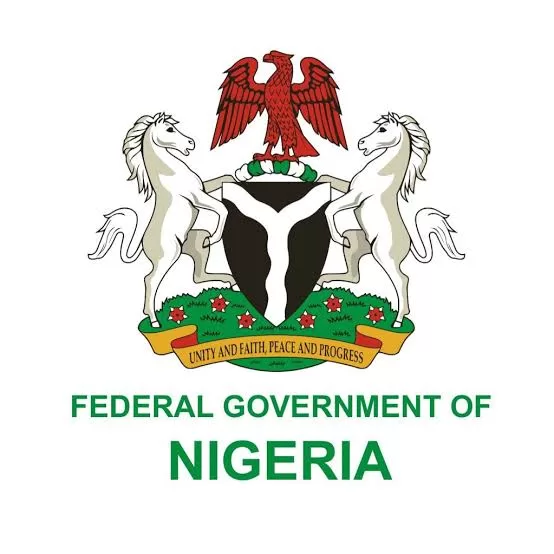Lawmakers on Monday voiced concerns over the financial operations of the Joint Admissions and Matriculation Board questioning why the agency remitted only N4 billion to the federation account despite receiving N6 billion in funding from the Federal Government in 2024.
The issue was raised during a session of the joint committee of the Senate and House of Representatives, chaired by Senator Sani Musa (APC, Niger East).
The committee was reviewing revenue projections for 2025, with the JAMB Registrar, Ishaq Oloyede, presenting the agency’s financial report.
Oloyede disclosed that JAMB remitted N4 billion into the consolidated revenue fund after receiving N6 billion from the government.
This explanation sparked heated discussions among lawmakers, including Abiodun Faleke, Chairman of the House Committee on Finance, and Senator Adams Oshiomhole (APC, Edo).
Faleke questioned the rationale for JAMB’s continued reliance on government funding despite its financial self-sufficiency.
“Why does JAMB remit N4 billion and still want to collect N6 billion from the government? Why can’t they retain the N4 billion and make the government stop funding JAMB?” he asked.
Faleke also pointed out that the funds were derived from fees paid by students, many of whom are orphans.
He raised further concerns over JAMB’s expenditure, specifically the allocation of N850 million for security, cleaning, and fumigation, as well as N600 million for local travels. Faleke called for detailed accountability of these expenses.
Particularly scrutinized were JAMB’s proposed N6.5 billion for local training and N1 billion for a staff housing scheme. Faleke urged Senator Oshiomhole to provide detailed explanations for these allocations.
The Senate, on a broader level, criticized what it described as “poor” remittances by Ministries, Departments, and Agencies (MDAs) in 2024, citing discrepancies between revenue collected and remitted amounts.
Senator Sani Musa, Chair of the Joint Finance Committee, highlighted the implications of such inefficiencies.
“It erodes the capacity of government to provide good roads, bridges, and social amenities, and equally raises suspicion of inefficiency, mismanagement, and possible leakages of revenues,” he said.

